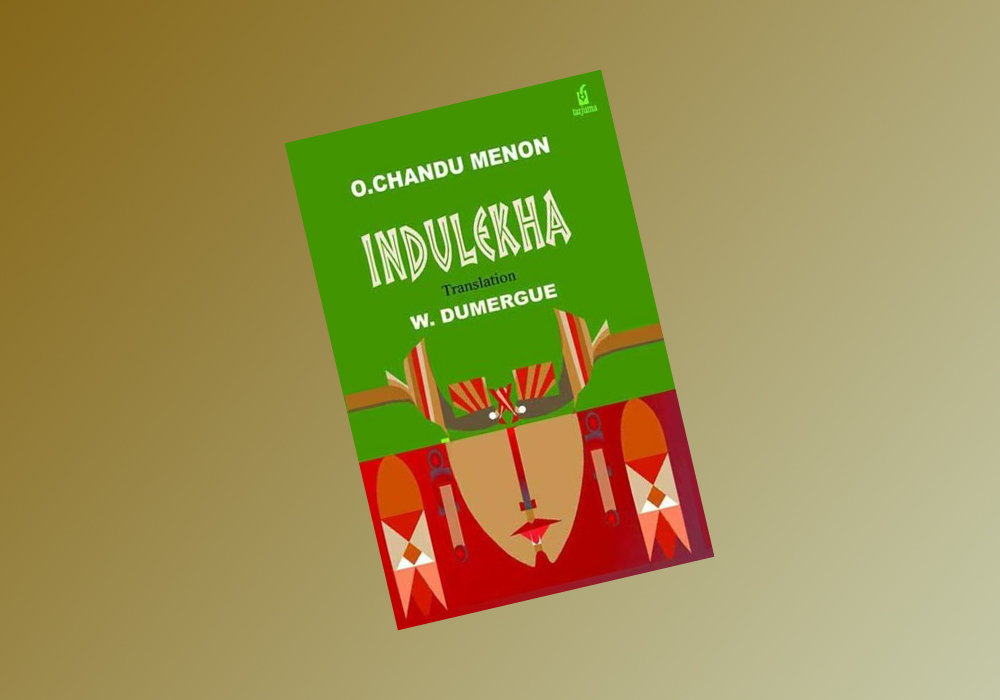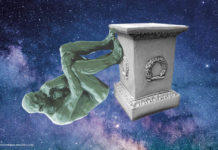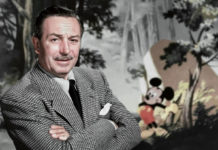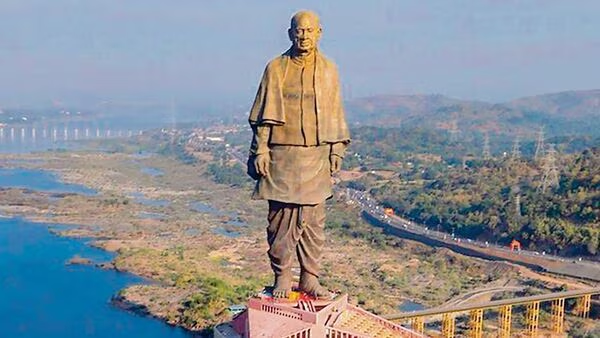Nitin R Viswan
Novels have been a lifeline for generations of Malayalam literati. Before the modern technology paved way to novel forms of entertainment, works from the greats used to be the arena of thought, the dawn of realization, window to the world. When you could relate to a character in the book, when you empathize with her, when you think his thoughts and words are yours, when you feel emotionally shattered when the character has a rough patch in her journey that is when you realize how strong a virtue it is. And there is a reason why Malayalam is called our ‘Mother’ Tongue. The seeds for the evolution of a completely diverse and yet extremely veritable genre of Malayalam literature were sown by Oyyarathu Chandu Menon when ´Indulekha’, the first-ever complete novel in the language, was published in 1889.
Featuring avant-garde ideologies and perspectives, ‘Indulekha’ is a bold piece of literature, and is one of the first woman-centric works of all time. Following the stepping stones laid by ‘Ghathakavadham’ (1877), ‘Pullelikkunju’ (1882), and ‘Kundalatha’ (1887), this work is a landmark etched into the history of the language in golden letters.
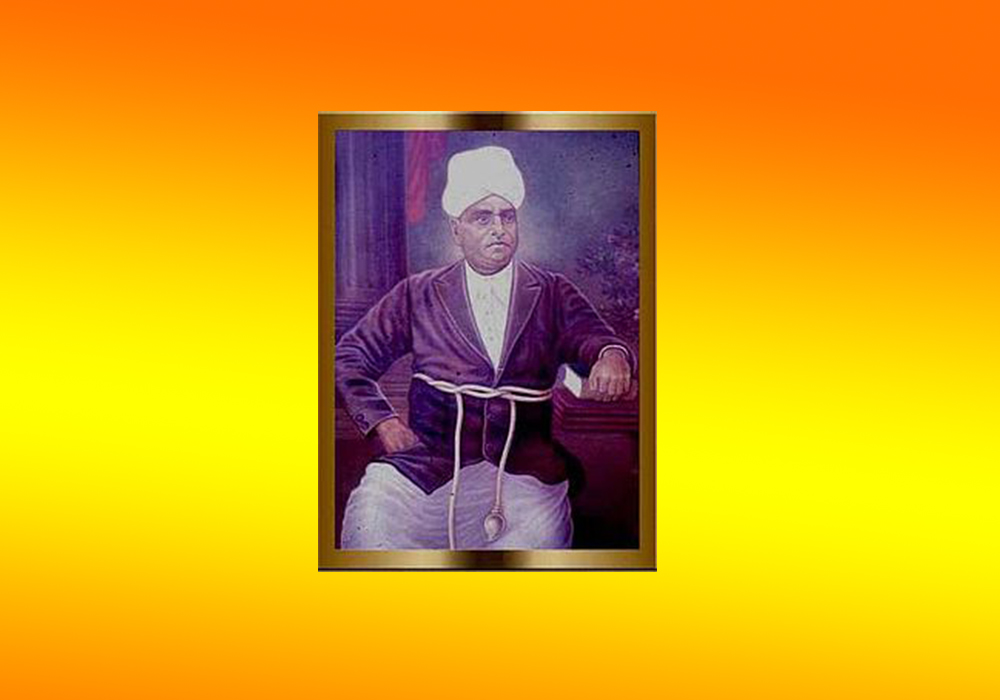
Intelligence, artistic talent and most of all the ability to think – that is what ‘Indulekha’, the protagonist is. She is a stalwart figure and represents progressive thoughts and the rights of women. When she resists all the pressure and the oppression to stand for what she believed in, she becomes a figure to be admired; to be adhered. The novel blatantly discusses the unfair social norms in the case of inter-caste marriages – which are still not something unfamiliar.
Though it was written in the late 18th century, ‘Indulekha’ crosses the avenues of time. Polyandry – polygamy in which a woman has more than one husband, the stereotypes on women like how she is expected to adhere men, all are topics that are extensively brushed upon in the book. It was written at a time when there was an emerging class of men from the upper classes who received Western Education and were handing prominent British India positions. In a brutal tug-o-war between Western ideals and communal traditions, education made an Indian’s mind the battleground of eternal dilemma – which is exceptionally clear in the portrayal of the hero – educated, wears Western clothes, still the customary tuft of hair untouched.
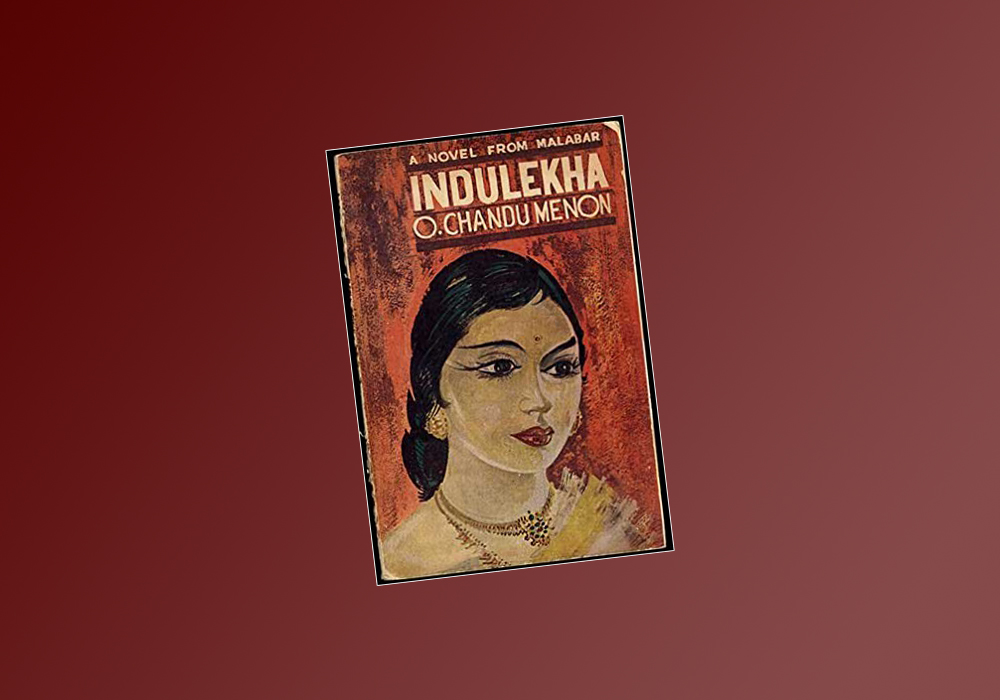
When the Nambudiris are pictured as being hesitant to move with the times and lacking the intent to adapt, when the struggles of the life of a woman is honestly brought out, when Nair women are shown to be breaking out of the age-old principles of Sambandham, ‘Indulekha’ more than just a work of fiction becomes the canvas of the times in the land. Religion, atheism, science, politics – there’s little that the work doesn’t portray.
The societal hurdles, the mental trauma, the dilemmas and contradictions, everything is very much a reality even today. All hail Chandu Menon’s vision. Or maybe it is time for us to think – are we really progressing?


